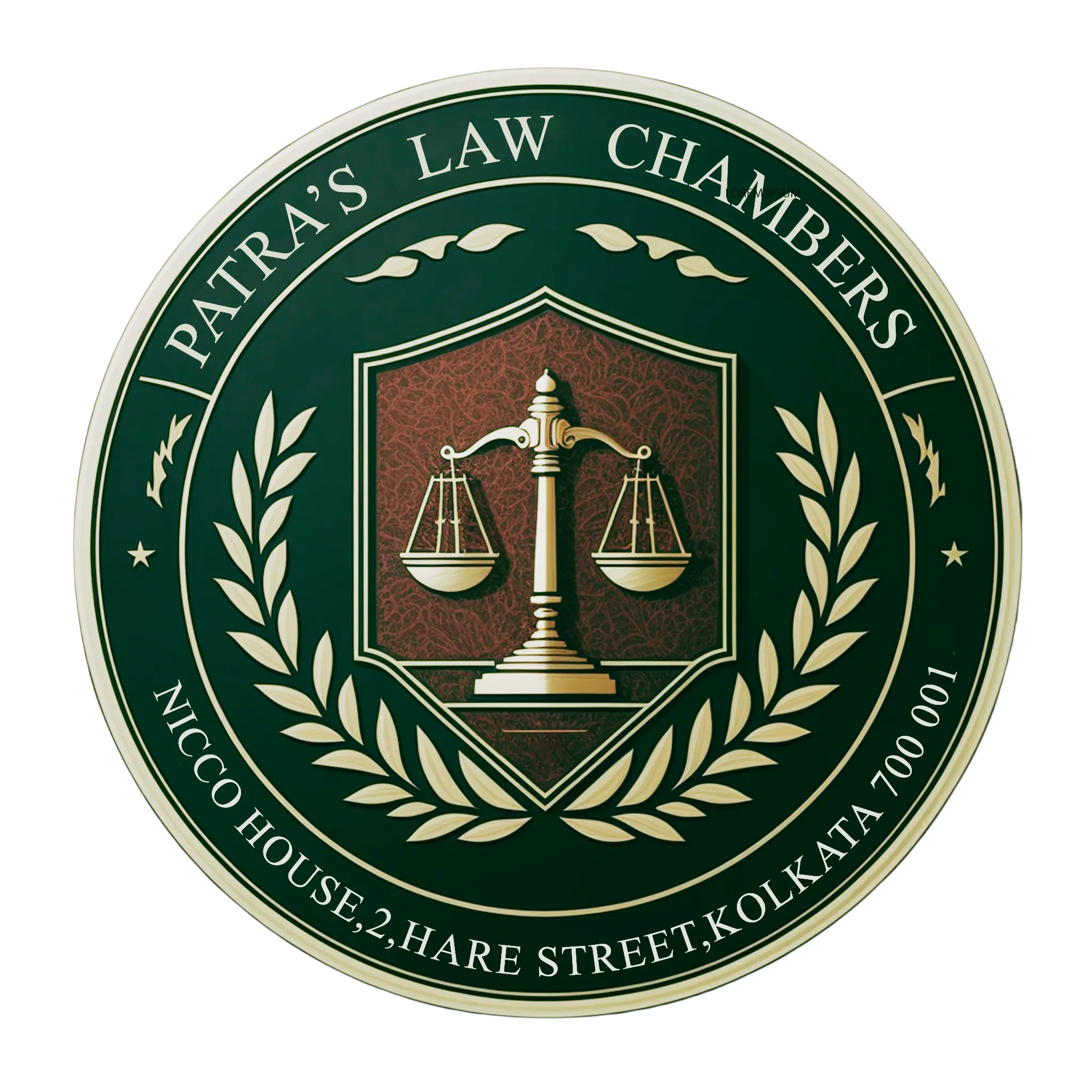Introduction
The Public Examinations (Prevention of Unfair Means) Bill, 2024, is a legislative initiative by the Central Government of India aimed at addressing and curbing malpractices in public examinations. This blog post provides a detailed synopsis of the Act, including its objectives, definitions of unfair means, applicability, and the punishments associated with violations of the Act.
Related YouTube Video:
Objectives of the Bill
The primary objectives of the Public Examinations (Prevention of Unfair Means) Bill, 2024 are:
- To enhance the transparency, fairness, and credibility of public examination systems.
- To provide a robust legal framework to deter individuals and groups from engaging in unfair practices during examinations.
- To reassure candidates that their efforts will be rewarded fairly and that their future is safeguarded.
- To serve as a model for States to adopt, helping prevent disruptions in their public examination processes.
Definition of Unfair Means (Section 3)
Section 3 of the Bill outlines the various acts that constitute unfair means in the context of public examinations. These include, but are not limited to:
- Leakage of Question Paper or Answer Key (Section 3(I)): Unauthorized sharing of the examination material.
- Collusion for Leakage (Section 3(ii)): Collaborating with others to facilitate the leakage of examination content.
- Unauthorized Access (Section 3(iii)): Gaining or attempting to gain unauthorized access to examination materials.
- Provision of Unauthorized Solutions (Section 3(iv)): Providing solutions to examination questions without authorization.
- Assistance to Candidates (Section 3(v)): Unauthorized assistance to candidates during the examination.
- Tampering with Answer Sheets (Section 3(vi)): Altering answer sheets, including Optical Mark Recognition (OMR) sheets.
- Unauthorized Alteration of Assessment (Section 3(vii)): Changing assessment results without authority, except for correcting bona fide errors.
- Violation of Norms (Section 3(viii)): Willfully violating standards set by the Central Government.
- Tampering with Documents (Section 3(ix)): Manipulating documents necessary for candidate short-listing or finalizing merit/rank.
- Security Violations (Section 3(x)): Deliberate breaches of security measures to facilitate unfair means.
- Computer Tampering (Section 3(xi)): Interfering with computer networks, resources, or systems.
- Manipulating Exam Logistics (Section 3(xii)): Adjusting seating arrangements, dates, and shifts to aid unfair means.
- Threats and Obstruction (Section 3(xiii)): Threatening or restraining examination authorities or obstructing the examination process.
- Creation of Fake Websites (Section 3(xiv)): Setting up fake websites for cheating or monetary gain.
- Conduct of Fake Examinations (Section 3(xv)): Organizing fake exams or issuing fake admit cards/offer letters for monetary gain.
Punishments for Unfair Means (Sections 5-15)
The Bill specifies stringent punishments for individuals and entities found guilty of engaging in unfair practices. Below are the detailed punishments associated with various sections:
-
Leakage of Examination Material (Section 5):
- Imprisonment up to three years and a fine up to ₹10 lakhs.
-
Collusion for Leakage (Section 6):
- Imprisonment up to three years and a fine up to ₹10 lakhs.
-
Unauthorized Access (Section 7):
- Imprisonment up to three years and a fine up to ₹10 lakhs.
-
Provision of Unauthorized Solutions (Section 8):
- Imprisonment up to two years and a fine up to ₹5 lakhs.
-
Assistance to Candidates (Section 9):
- Imprisonment up to two years and a fine up to ₹5 lakhs.
-
Tampering with Answer Sheets (Section 10):
- Imprisonment up to three years and a fine up to ₹10 lakhs.
-
Unauthorized Alteration of Assessment (Section 11):
- Imprisonment up to two years and a fine up to ₹5 lakhs.
-
Violation of Norms (Section 12):
- Imprisonment up to one year and a fine up to ₹2 lakhs.
-
Tampering with Documents (Section 13):
- Imprisonment up to three years and a fine up to ₹10 lakhs.
-
Security Violations (Section 14):
- Imprisonment up to three years and a fine up to ₹10 lakhs.
-
Computer Tampering (Section 15):
- Imprisonment up to three years and a fine up to ₹10 lakhs.
-
Manipulating Exam Logistics (Section 16):
- Imprisonment up to two years and a fine up to ₹5 lakhs.
-
Threats and Obstruction (Section 17):
- Imprisonment up to three years and a fine up to ₹10 lakhs.
-
Creation of Fake Websites (Section 18):
- Imprisonment up to two years and a fine up to ₹5 lakhs.
-
Conduct of Fake Examinations (Section 19):
- Imprisonment up to three years and a fine up to ₹10 lakhs.
Applicability of the Bill
The Bill applies to all public examinations conducted by or under the authority of the Central Government. This includes examinations for recruitment, admissions, and other competitive exams where transparency and fairness are paramount.
Conclusion
The Public Examinations (Prevention of Unfair Means) Bill, 2024, is a significant step towards ensuring the integrity of public examinations in India. By clearly defining unfair means and stipulating severe punishments for violations, the Bill aims to protect the interests of genuine candidates and maintain the credibility of the examination process. This comprehensive framework will help deter unfair practices and foster a fair and transparent examination environment across the country.


